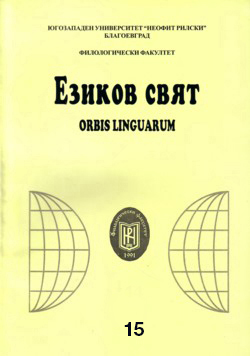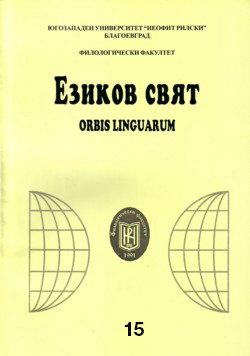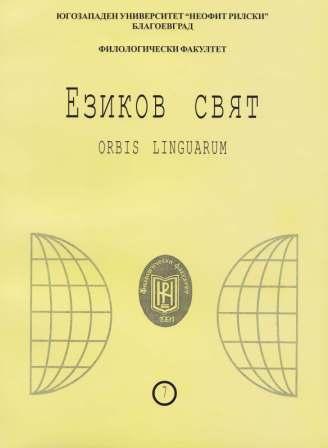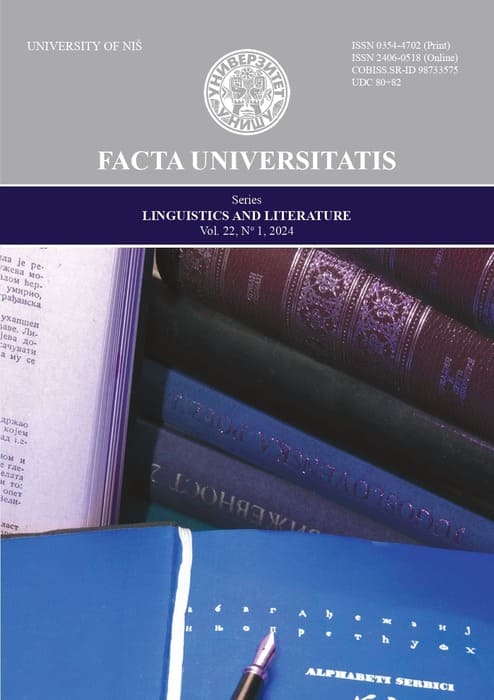
МОДЕЛИ НА ДИАЛОГА В МЕДИЙНАТА РЕЧ
The subject of the article is the answer as a reaction to the question in Bulgarian media discourse between the recipient and sender. The models that are analyzed do not fall into standard expectations when the recipient fills gaps in the information of the questioner. Various situations are analyzed, but in particular via the so-called "dialogic game" where interlocutors have relatively equal participation in verbal communication. The aim is to reveal to some extent the principles of verbal interpersonal interaction; to understand whether there are specific models that avoid successfully unwanted response from the addressee. Are there any "stereotypes" of speech behavior? And how do they spread in the Bulgarian media context? Are there dominant models that serve as "universal formula"?
More...


